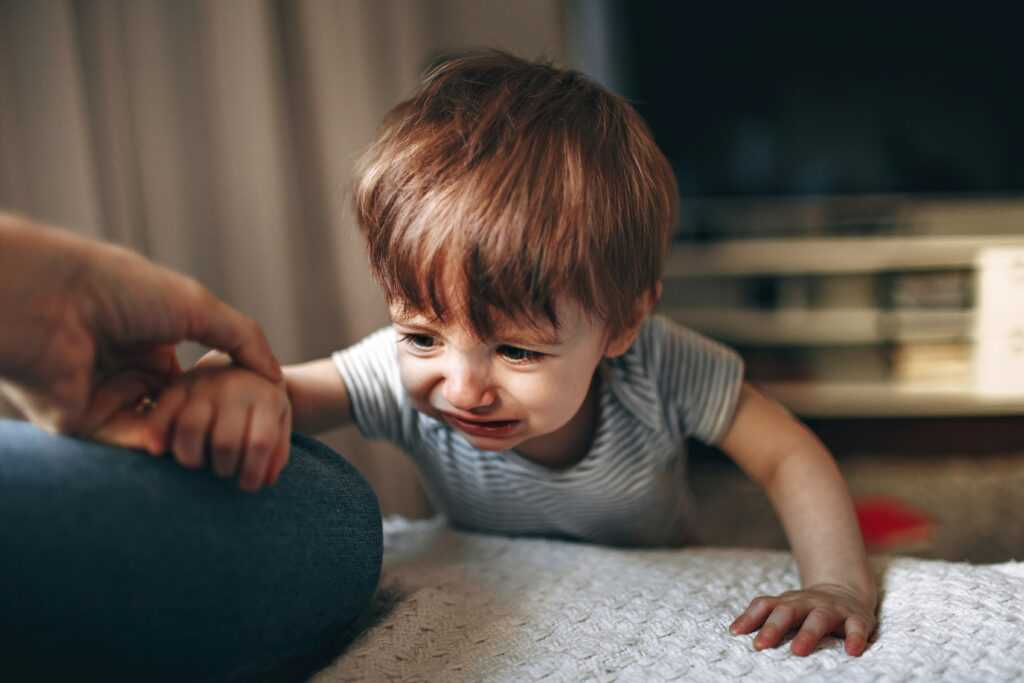Exploring the intricate relationship between attachment styles and child development unveils a profound impact on the emotional and social growth of young individuals. As a seasoned blogger, I’ve delved into the profound effects these attachment patterns can have on shaping a child’s worldview and relationships. Understanding how these early connections mold a child’s perception of self and others is crucial in deciphering their behavior and emotional well-being.
In this article, I’ll navigate through the various attachment styles identified by researchers and psychologists, shedding light on how each style influences a child’s development. From secure attachments fostering a sense of trust and exploration to anxious-ambivalent attachments leading to dependency issues, the correlation between these styles and a child’s future relationships is both intriguing and vital. Join me as we unravel the intricate web of attachment styles and their lasting impact on a child’s journey towards emotional maturity.
Understanding Attachment Styles
As I delve into attachment styles and their impact on child development, let’s first explore the fundamental concepts surrounding attachment patterns, their origins, and the prevailing theories that underpin this crucial aspect of emotional and social growth in children.
What Are Attachment Styles?
In understanding attachment styles, it’s essential to recognize them as the emotional bonds formed between a child and their primary caregiver. These styles, established early in life, significantly influence how children perceive relationships, regulate emotions, and interact with others as they grow. The four primary attachment styles, including secure, avoidant, ambivalent, and disorganized, each play a distinct role in shaping a child’s emotional development and behavior.
Origins and Theories of Attachment
The origins of attachment theory can be traced back to the groundbreaking work of John Bowlby, a British psychologist, who emphasized the significance of early relationships in a child’s life. Bowlby’s research highlighted the innate human need for a secure attachment bond, serving as a foundation for emotional security and exploration. Building upon Bowlby’s work, Mary Ainsworth further classified attachment styles through the famous “Strange Situation” experiment, shedding light on the dynamics of attachment relationships and their impact on a child’s development trajectory.
Effects of Attachment Styles on Early Child Development
Attachment styles play a crucial role in shaping a child’s development, with significant impacts on their emotional and social growth. Understanding the various attachment styles can provide valuable insights into how children perceive relationships, regulate emotions, and interact with others as they mature. Let’s delve into the specific effects of these attachment styles on early child development.
Secure Attachment and Development Outcomes
I’ll start by highlighting the positive outcomes associated with secure attachment. Children who develop secure attachment styles tend to display higher levels of social competence, emotional regulation, and overall well-being. They feel confident exploring their environment, knowing that a caregiver is accessible and responsive when needed. This sense of security forms a sturdy foundation for healthy relationships and positive developmental outcomes in later stages of life.
Insecure Attachment: Avoidant, Ambivalent, and Disorganized
Moving on to insecure attachment styles, namely avoidant, ambivalent, and disorganized, it’s essential to understand the potential challenges these patterns can pose for a child’s development. Children with avoidant attachment may struggle with intimacy and closeness, often exhibiting self-reliant behaviors to cope with unmet needs. Those with ambivalent attachment might display clingy or overly dependent behaviors, seeking reassurance inconsistently. Disorganized attachment can lead to difficulties in emotion regulation and forming stable relationships, impacting various aspects of a child’s development.
- Long-Term Effects of Attachment Styles
As I delve into the long-term repercussions of attachment styles on child development, it’s evident that they have a lasting impact on various aspects of a child’s life. - Emotional and Social Development
Discussing emotional and social development in the context of attachment styles reveals how early interactions shape a child’s ability to form relationships and regulate emotions.
Cognitive and Academic Outcomes
Exploring the cognitive and academic outcomes associated with different attachment styles sheds light on how secure attachments can positively influence a child’s learning abilities and overall academic performance as they progress through their education.
Strategies to Foster Secure Attachments
The Role of Parenting
Parenting plays a crucial role in fostering secure attachments in children. It’s essential to provide a nurturing and responsive environment where children feel safe, loved, and understood. By being emotionally available and consistently meeting the child’s needs, parents can promote a secure attachment style. Responding promptly to their cries, offering comfort, and engaging in positive interactions help build a strong emotional foundation for children.
Intervention Programs and Their Importance
Intervention programs are valuable in supporting children with insecure attachment styles. These programs offer targeted interventions to help children develop secure attachments. Through therapy, counseling, and structured activities, children can learn to build trust, regulate emotions, and form healthy relationships. Early intervention is crucial in addressing attachment issues and promoting positive child development outcomes. These programs equip children and caregivers with the necessary tools to enhance attachment security and overall well-being.



